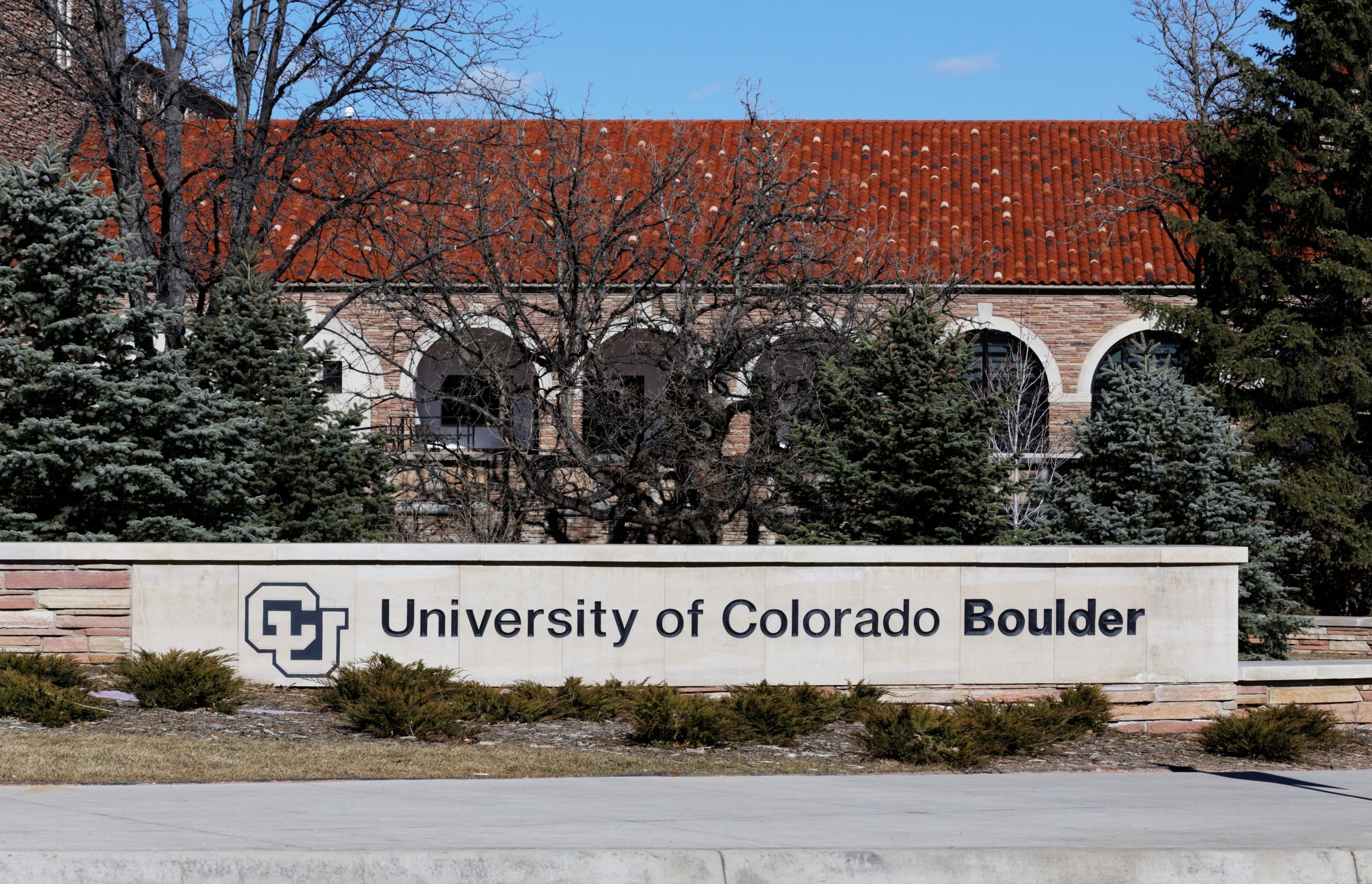
Downtown Boulder Station lobby to reopen
RTD’s Downtown Boulder Station lobby is slated to reopen Monday, Feb. 19 after methamphetamine residue was found in the restrooms and in the station’s ductwork in January 2023.
Over the last year, the original ductwork was removed and replaced with a system that can be cleaned, according to an RTD press release. The District also installed more powerful exhaust fans in the public restroom. Now, smoke will be contained to the bathroom if drug use happens there again.
The state’s cleanup standard for meth detected in habitable spaces is 0.5 micrograms per 100 square centimeters.
The closure of the station’s lobby happened after Boulder’s downtown public library was closed on Dec. 20, 2022, following similar meth contamination in its public restrooms and common areas. The library reopened in early January, and the bathrooms followed in mid-April.
Meth contamination in public spaces isn’t unique to Boulder — other libraries across the Denver metro closed from the same cause in early 2023. Meth use, along with the number of meth-involved overdoses, has increased nationally.
CU drafts new climate goals
CU Boulder published a draft of its updated climate action plan (CAP) on Feb. 5.
The plan aims to “advance just and equitable climate solutions that address mitigation, adaptation and resilience” through five core goals, including reaching 50% reduction of certain emissions by 2030 and to be on track to reach zero emissions by 2050 using baseline emissions from 2019.
Between now and 2030, the plan outlines how more than 80% of carbon savings will come from increasing building efficiency through projects like lighting retrofits and HVAC system upgrades. Other strategies include renewable energy, fleet replacement and heating system upgrades.
The university did not reach the Phase 1 goal of its first climate action plan, approved on Oct. 8 2009, to reach 20% greenhouse gas reduction by 2020.
“The CAP is a critical document that maps out our strategy for achieving carbon neutrality, and the voices of our campus community are vital to ensuring the CAP is as good as it can be,” Chris Ewing, a member of the CAP steering committee, said in a press release.
The final plan is expected to be published in April.
The CAP steering committee is seeking public comment on the draft through March 5. Upcoming engagement sessions include Feb. 13, 23 and 28, all on Zoom. Submit feedback on the plan here.
In other news…
• Boulder County Sheriff’s Office released a new tool to show open burn locations in unincorporated Boulder County on Feb. 5. The “open burning portal” includes a map displaying permitted and registered open, slash or agricultural burns and a new notification hotline. Along with increasing community awareness and safety, the system is supposed to reduce burn-related calls to 911 county dispatchers.
• The City of Boulder will install two more red-light cameras and another automated speed enforcement by April 1 as part of an effort to curb severe crashes. One of the red-light cameras will be installed at Canyon and 15th, and the other at 28th and Jay Road. The speed enforcement will be at Broadway and Pine, where there is already a red-light camera. According to the City, speeding and running red lights are two of the most common causes of severe crashes in town.
• Nineteen Colorado conservation and environmental organizations, including Boulder County Audubon, signed a letter asking elected officials to pause “wildfire fuel reduction” logging as “a large and growing body of peer-reviewed science questions the reasoning for and effectiveness” of those projects. This comes as some land managers are utilizing techniques that focus on community readiness, like home hardening, to balance with traditional forest thinning to prepare for wildfire.
